
Your brain feels foggy
Who knew that salt could even impact your brain function? According to a 2011 Canadian study on 1,200 more sedentary adults, those with high-sodium diets had a higher chance of cognitive decline than those with less salt in their diets. As you age it is important to keep track of how much salt you consume, and make changes if necessary.
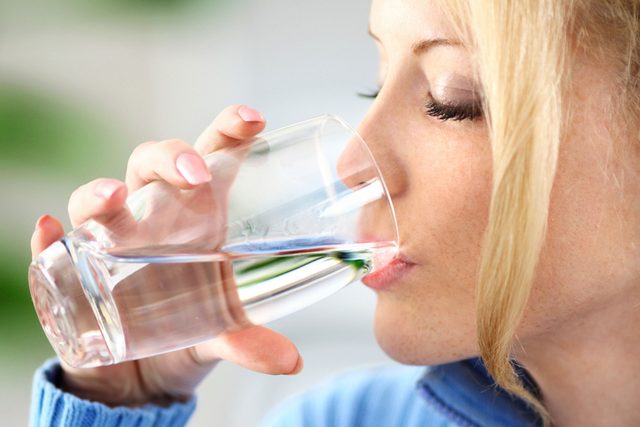
Your thirst is raging
Foods with high amount of sodium (think: chips, spaghetti sauce, and pepperoni pizza) make you feel thirstier, because sodium messes with the balance of fluid in your body. If you had a day of eating more high-sodium food, like at a baseball game, try to drink a lot of water. Your body is probably craving water, so it can restore the salt balance in your cells.
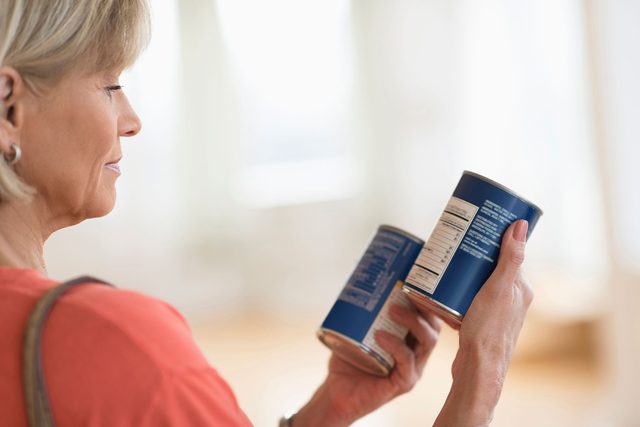
Your body is swelling in strange places
Yes, just one night of too much sodium can actually make you look and feel more bloated in the morning. This is called edema, the swelling of extra fluid in your body’s tissues. According to Mayo Clinic, edema can be a symptom of an underlying disease, but it can also be a sign of too much sodium in your diet. The simple solution is to cut back on sodium. Read food labels, look for low-sodium options, or cook your own food to control the salt. Here’s what happens to your body after you eat a fast food burger.
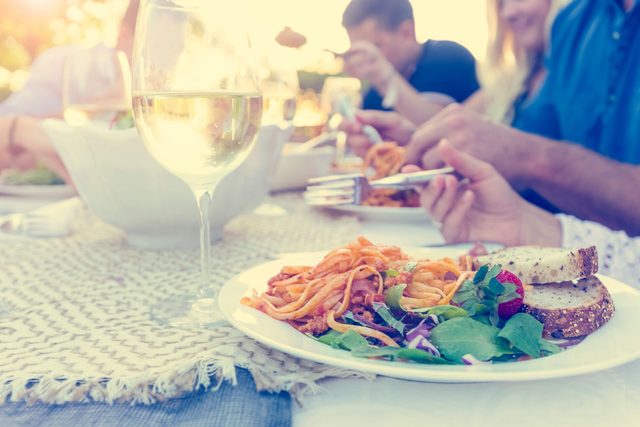
You get kidney stones
A diet high in too much sodium can actually hinder kidney function. According to the World Action on Salt and Health, too much salt can increase the amount of protein found in your urine. More protein in your urine is a “major risk factor” for kidney disease. Additionally, high-sodium diets can also increase the risk of kidney stones. If you have excessive kidney stones or pain, you should see a doctor and work with a nutritionist to change to a low sodium diet. Here’s how long it actually takes to pass a kidney stone.
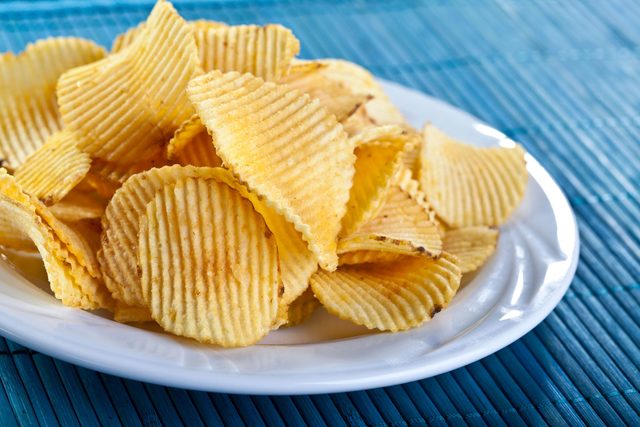
You have stomach ulcers
Too much sodium has been linked to stomach ulcers and cancer in animals, according to a study published in the journal Infection and Immunity. Although more research is needed, the findings suggest that people should be wary of salt damaging their stomach lining. Instead of salt, add these healthy spices to your meals.
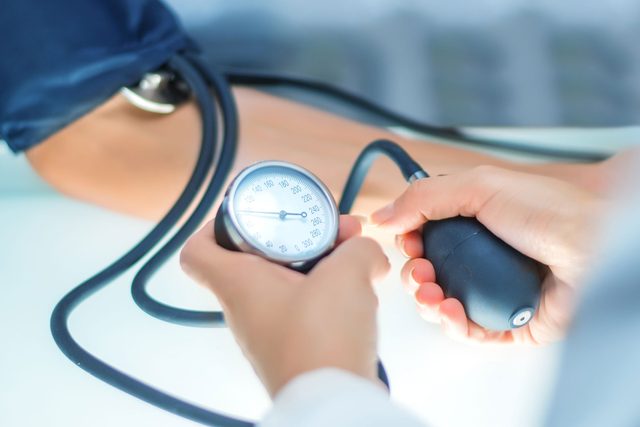
You have high blood pressure
Canadians consume an average of 2,760 milligrams of sodium a day. According to Health Canada, you should be eating only 1,500 milligrams of sodium, and definitely no more than 2,300 milligrams. This extra sodium can increase blood pressure by holding more fluid in the body, making your heart pump harder. Ask your doctor if following a low sodium diet could lower your blood pressure.
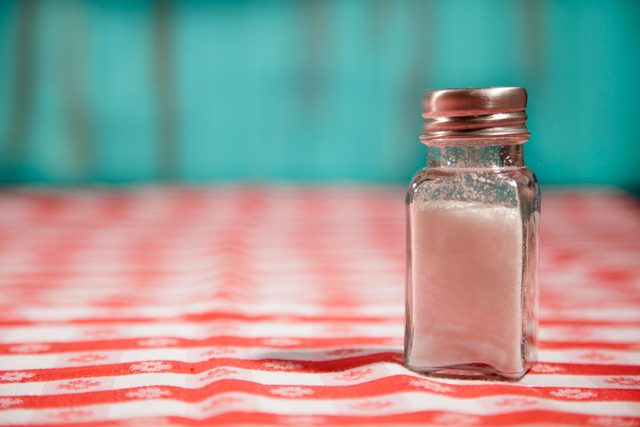
You use table salt (like, ever)
While it is good to control your own salt intake, it is easy to overdo the salt shaker. A half a teaspoon of table salt contains 1,150 milligrams of sodium. If you shake some salt on your pasta three times during a meal, the milligrams of sodium can quickly add up. Bottom line: Minimize your use of the salt shaker, especially if you eat a lot of convenience foods (which tend to be rich in sodium). Next, read up on all the things you should never put in a microwave.
